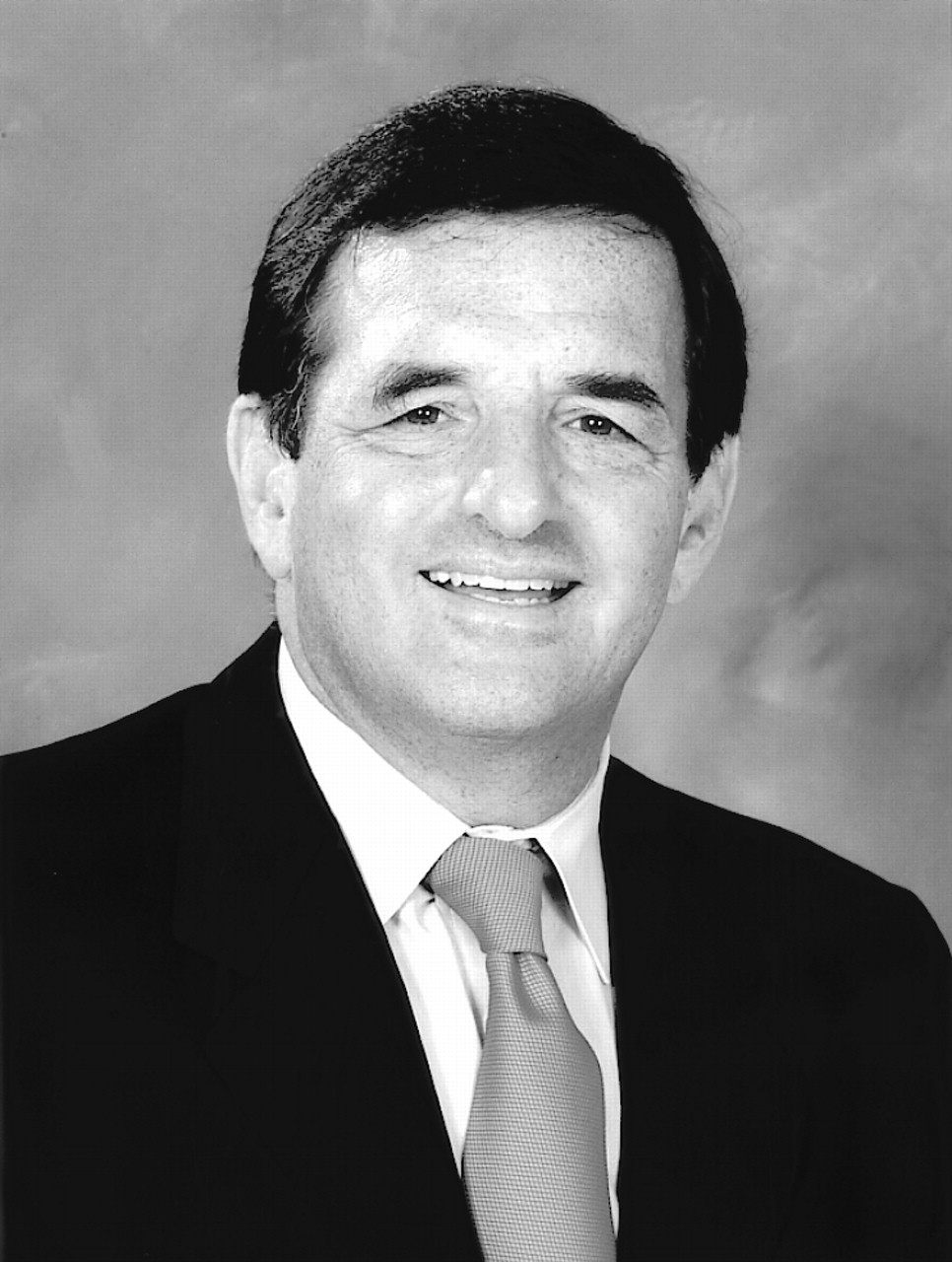Candidate for Vice President
About the Candidate

Fellow, 1973
| •. | Clinical Professor and Co-Chair, Department of Psychiatry and Human Behavior, University of California, Irvine, 1998- | ||||
| •. | Chair, APA Council on Healthcare Systems and Financing, 2000- | ||||
| •. | President and President-elect, California Psychiatric Association, 1998- | ||||
| •. | Representative and Deputy Representative, Area 6, APA Assembly, 1998- | ||||
| •. | Member, Assembly Executive Committee, 1998- | ||||
| •. | Deputy Representative, Orange County Psychiatric Society, APA Assembly, 1986-98 | ||||
Candidate’s Views
It is an honor to be nominated to serve as an officer of APA—particularly at this challenging time. What is it that I bring to the table that might capture your interest and vote?
I have served at virtually every level of APA and have held elected office at the chapter, district branch, and state levels. I have been in the Assembly for almost 16 years and have been the Area 6 deputy representative and representative for the last four years. In California, the Area rep is also the president of the California Psychiatric Association (CPA) and is elected in a popular election statewide. The presidency of the CPA is a challenging and stimulating position. We have a state office, staff, lobbyists, lawyers, and so on. We are involved in legislation, regulation, judicial action, and all manner of advocacy. The president functions as the chief executive with the assistance of a tremendously able staff and has the responsibility for holding the district branches together in common purpose—no mean feat. I am proud of my ability to get people to work together and treat one another collegially but also to set out some clear principles. I think these skills and experiences may be very useful at the national level and on the Board of Trustees.
In recent years, the APA vice president has had the portfolio for district branch relations. I have been an early exponent of increasing the local focus of APA, which now has been institutionalized through a variety of efforts. I have always been mindful that we are a membership organization and must look out for the welfare of our members as a high priority. I have frequently had the challenging task of calling members who have dropped out and trying to convince them of the merits of membership. I have had broad experiences in my “day jobs” that have given me a wide perspective of the profession. I have spent many years in private practice and for the last eight years have been full time at the University of California, Irvine. For the past three years, I have served as co-chair of our department with responsibilities for administration, clinical affairs, and education and have had to cope daily with issues of diminished resources, managed care, Medicaid, Medicare, documentation demands, seclusion and restraint, and the task of mounting effective medical student and resident educational programs. Our hospital is the major safety-net hospital for a population of almost 3 million.
In addition, I continue to take care of my own patients and am sought after as a consultant. The overwhelming source of my salary is derived from clinical and contract revenues generated by our practice group and clinical enterprise. Despite my administrative roles, I see myself foremost as a clinician and am deeply sensitive to the issues that affect clinical practice and our members.
One of the things of which I am most proud relates to the incredibly high percentage of UCI medical students who choose psychiatry—more than 10 percent for the last two years. I think psychiatry is a very attractive field, and it is important for our future that we attract and nurture bright, young colleagues.
Finally, the value proposition of membership has to be continually a major focus of the APA leadership. APA has been hemorrhaging members in recent years. APA has weaknesses particularly in governance, which seems ponderous and opaque.
Major changes are required if APA is to remain the vital voice of the profession and our members. The most important attribute of our future leaders must be the ability to mobilize organizational change. I feel that I possess the skills and temperament to participate in this important effort.
I appreciate your support.
Primary Loci of Work and Sources of Income
Work: 100%—University of California, Irvine
Income: 90%—Clinical revenues and contracts



